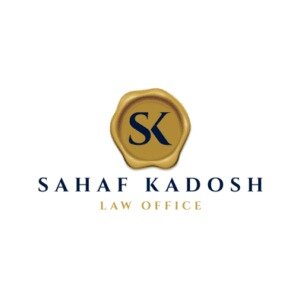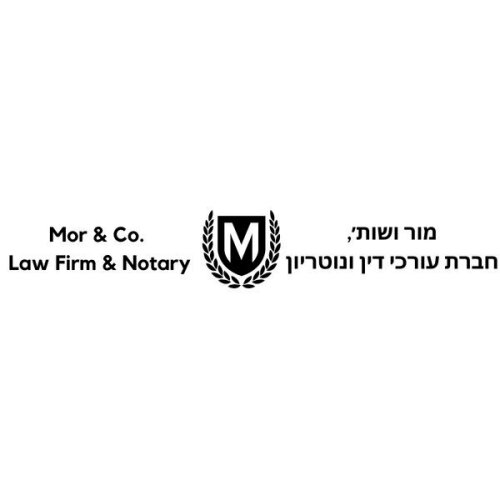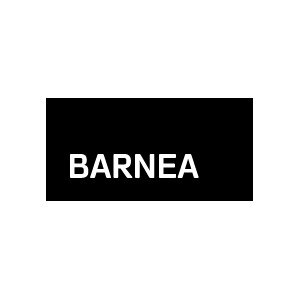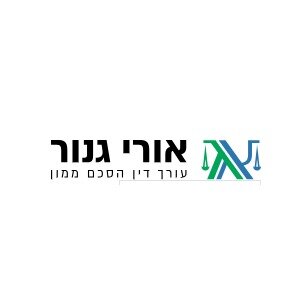Best Mining Law Lawyers in Israel
Share your needs with us, get contacted by law firms.
Free. Takes 2 min.
Or refine your search by selecting a city:
List of the best lawyers in Israel
About Mining Law in Israel
Mining Law in Israel governs the exploration, extraction, and management of mineral resources within the country. The framework is designed to regulate activities related to minerals such as phosphates, potash, natural stones, industrial minerals, and other resources found both on land and in the Dead Sea region. The primary objective of Israeli Mining Law is to balance the economic benefits of mining with environmental protection and the interests of local communities. Key legislation in this field includes the Mining Ordinance (1926), subsequent amendments, related environmental protection laws, and government regulations regarding concession rights and licenses.
Why You May Need a Lawyer
There are several situations in which individuals or companies may require legal assistance when dealing with Mining Law in Israel. These can include:
- Applying for exploration or mining licenses or concessions
- Negotiating contractual agreements with the Israeli government or private entities
- Addressing environmental compliance and regulatory issues
- Navigating land use and property rights related to mining activities
- Handling disputes with local authorities, communities, or competing companies
- Managing social and environmental impact assessments
- Participating in tenders or auctions for mining permits
- Understanding and complying with reporting obligations
- Resolving conflicts over royalties, taxes, and financial duties
- Dealing with enforcement actions or regulatory penalties
A legal expert can help ensure compliance with complex Israeli laws and provide representation in administrative or court proceedings.
Local Laws Overview
Israeli Mining Law is primarily governed by the Mining Ordinance from 1926, as amended, and further clarified by directives issued by the Ministry of Energy and the Israel Land Authority. Key points include:
- Licensing System: Most mining operations require an exploration license, a mining permit, or a concession, depending on the scale and type of activity.
- State Ownership: All mineral resources are considered property of the State of Israel. Extraction rights are granted only through government approval.
- Environmental Protections: Mining activities are regulated to reduce environmental harm, requiring companies to undergo environmental impact assessments and obtain necessary permits.
- Land Use Coordination: Mining licenses often intersect with land use plans and may require coordination with local councils, particularly in sensitive or protected areas.
- Community Input: Public consultation may be required, especially where mining projects affect local populations or indigenous communities.
- Fiscal Duties: Mining companies are subject to royalties, fees, and other financial obligations set by the government.
- Enforcement: Authorities actively monitor compliance, and there are significant penalties for unauthorized mining or environmental non-compliance.
Recent years have seen increased emphasis on balancing economic interests with sustainable development and environmental safeguards.
Frequently Asked Questions
What minerals are covered under Israeli Mining Law?
Israeli Mining Law covers various mineral resources, including phosphates, potash, natural stones, sand, industrial minerals, and certain metals. Some materials, such as oil and gas, are regulated under separate legislation.
How can I apply for a mining license in Israel?
You must submit a formal application to the Ministry of Energy. The process involves technical and financial documentation, compliance checks, and, in many cases, an environmental impact assessment.
Who owns the mineral resources in Israel?
All mineral resources are owned by the State. Individuals or companies can obtain extraction rights through government-issued licenses, concessions, or permits.
Are there environmental requirements for mining?
Yes, mining operators must comply with strict environmental regulations, including conducting and submitting environmental impact assessments, obtaining permits, and implementing mitigation measures.
Can foreign companies participate in mining activities?
Foreign companies are allowed to participate, but must register a local entity and meet all regulatory, financial, and environmental requirements set by Israeli law.
What are the fiscal obligations involved?
Mineral extraction is subject to royalties, taxes, and various fees determined by the Ministry of Finance and Ministry of Energy. Payment terms and rates depend on the type and scale of operation.
What happens if I mine without a valid permit?
Unauthorized mining is illegal and can lead to severe penalties, including fines, equipment confiscation, remedial obligations, and possible criminal charges.
What is the role of local authorities in the mining approval process?
Local authorities may be involved in land use planning, zoning, and public consultations, especially if the project affects local communities or protected areas.
Can permits be revoked or transferred?
Permits can be revoked for non-compliance or breaches of law. Transfer of permits typically requires government approval and is subject to specific legal procedures.
How long does the licensing process take?
The process can take several months to over a year, depending on the complexity of the project, regulatory requirements, and whether environmental studies or public consultations are necessary.
Additional Resources
If you need further guidance, consider the following resources and organizations:
- Ministry of Energy - Department of Natural Resources
- Israel Land Authority
- Israel Bar Association - for finding qualified mining law attorneys
- Ministry of Environmental Protection - for environmental regulations and permits
- Local municipal councils and planning committees
- Relevant professional associations and chambers of commerce
Next Steps
If you require legal assistance regarding Mining Law in Israel, follow this general process:
- Clearly define your matter or issue related to mining - whether obtaining a permit, resolving a dispute, or ensuring compliance.
- Gather all relevant documentation and records, such as land ownership details, previous permits, environmental studies, or correspondence with authorities.
- Contact a qualified Israeli lawyer who specializes in mining law or natural resources. The Israel Bar Association can help you find legal experts in this field.
- Schedule a consultation to discuss your specific circumstances, possible legal strategies, and required next steps.
- Work with your legal representative to navigate applications, handle regulatory authorities, or resolve disputes as needed.
Mining Law in Israel is a detailed regulatory field with many specific requirements. Seeking timely, qualified legal advice can help avoid costly mistakes and ensure your interests are protected throughout the process.
Lawzana helps you find the best lawyers and law firms in Israel through a curated and pre-screened list of qualified legal professionals. Our platform offers rankings and detailed profiles of attorneys and law firms, allowing you to compare based on practice areas, including Mining Law, experience, and client feedback.
Each profile includes a description of the firm's areas of practice, client reviews, team members and partners, year of establishment, spoken languages, office locations, contact information, social media presence, and any published articles or resources. Most firms on our platform speak English and are experienced in both local and international legal matters.
Get a quote from top-rated law firms in Israel — quickly, securely, and without unnecessary hassle.
Disclaimer:
The information provided on this page is for general informational purposes only and does not constitute legal advice. While we strive to ensure the accuracy and relevance of the content, legal information may change over time, and interpretations of the law can vary. You should always consult with a qualified legal professional for advice specific to your situation.
We disclaim all liability for actions taken or not taken based on the content of this page. If you believe any information is incorrect or outdated, please contact us, and we will review and update it where appropriate.
Browse mining law law firms by city in Israel
Refine your search by selecting a city.

















